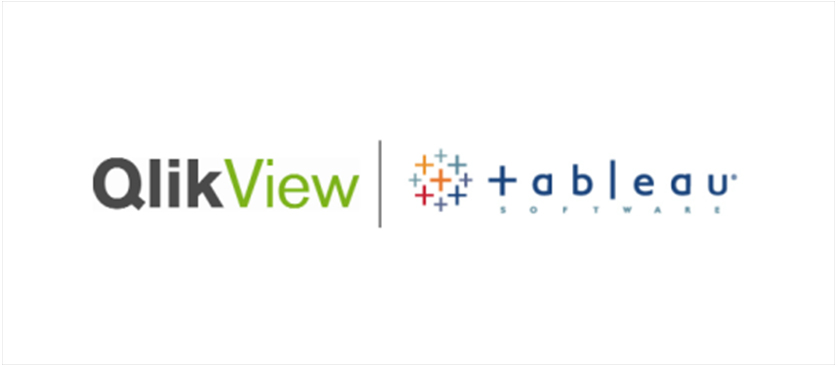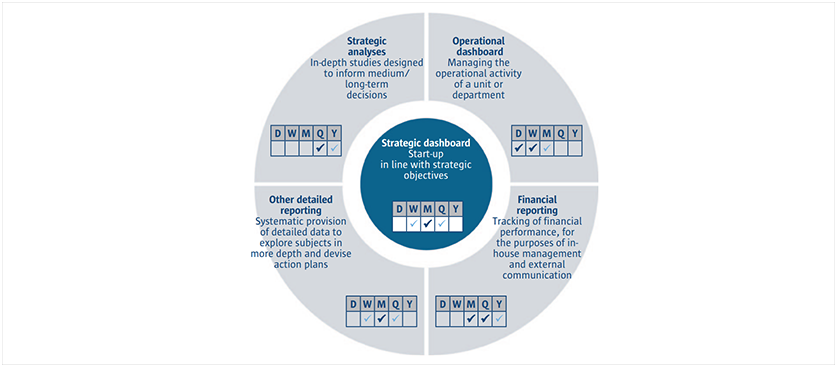The 2015 trends in software solutions. Magic Quadrant for Business Intelligence and Analytics Platforms
Each February, Gartner releases one of its most important research reports: the Magic Quadrant for Business Intelligence. Two years ago, the name of this Magic Quadrant was changed, from “Business Intelligence Platforms” to “Business Intelligence and Analytics Platforms”, to emphasize the growing attention that organizations pay to having analysis capabilities, without needing to require help from IT or data experts.






